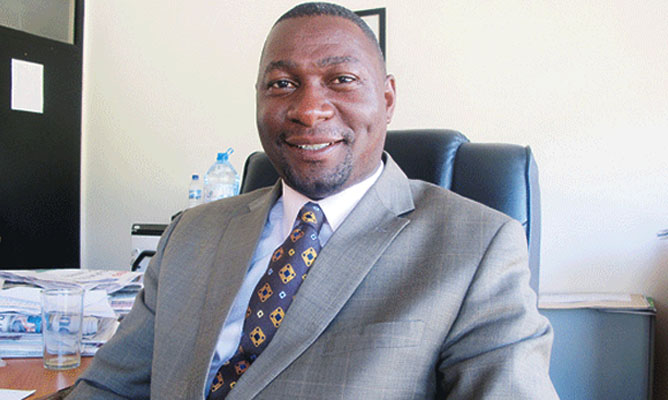
GOVERNMENT has given companies in the information and communications technology (ICT) sector 90 days to sign an infrastructure and sharing agreement.
BY TATIRA ZWINOIRA
Speaking at the Infrastructure Sharing Symposium in Harare yesterday, ICT, Postal and Courier Services minister Supa Mandiwanzira said infrastructure sharing was of critical importance and can stimulate growth within the industry.
“You have no more than 90 days to conclude and launch this infrastructure sharing and that is a very serious statement,” he said.
“We cannot continue consulting and consulting and consulting, we are not reinventing the wheel.”
“Co-operating for infrastructure sharing is a ‘win-for-all’strategy, where the term ‘all’covers the telecoms operators, the consumers, the overall market, which indeed develops faster when underpinned by advanced telecommunications networks, and, eventually, the national economies.”
The move could signal that government is fed up with companies for failing to agree on infrastructure sharing to reduce costs of services and be able to cover a wide geographic reach.
Mandiwanzira said he would meet chief executives of ICT businesses to discuss how best the industry can sign the agreement.
- Chamisa under fire over US$120K donation
- Mavhunga puts DeMbare into Chibuku quarterfinals
- Pension funds bet on Cabora Bassa oilfields
- Councils defy govt fire tender directive
Keep Reading
“This is a concept that has been tried and tested elsewhere including developed markets and is working.
“We do not need to scratch our heads too much about a concept that the entire global industry has adopted and is already working,” he said.
“Research by globally renowned research companies has already proven that you can save up to between 30% and 40% of your capital costs if you adopt infrastructure sharing.”
This agreement among members in the ICT industry will require them to partner and share infrastructure technology in order to lower their increasing investments.
Delays, in the signing of the agreement were due to fears among players in the ICT industry that the move was a ploy by government to grab infrastructure that was built by other people.
In March, Econet Wireless Zimbabwe described government’s directive compelling players in the industry to share infrastructure as tantamount to forced acquisition of its infrastructure.
“In our view, it is unfair to compel sharing of infrastructure where one party does not have the infrastructure that the other needs.
“That is tantamount to compulsory acquisition of infrastructure from one operator who has chosen to invest in infrastructure, for the benefit of another that chose to invest in other assets that are either not available for sharing, or that we do not need,” Econet said.
Econet claimed that it had 80% of the telecommunications infrastructure in the country and should not be obliged to share that with its competitors who had done little.
“Therefore, the type of infrastructure-sharing under debate is not feasible.
“It is a disguised, unconstitutional form of compulsory acquisition of our infrastructure,” the company argued.
This stoked fire with Mandiwanzira giving the country’s largest operator a week to remove its telecommunications equipment and that of its sister company Liquid Telecomms from State infrastructure.











